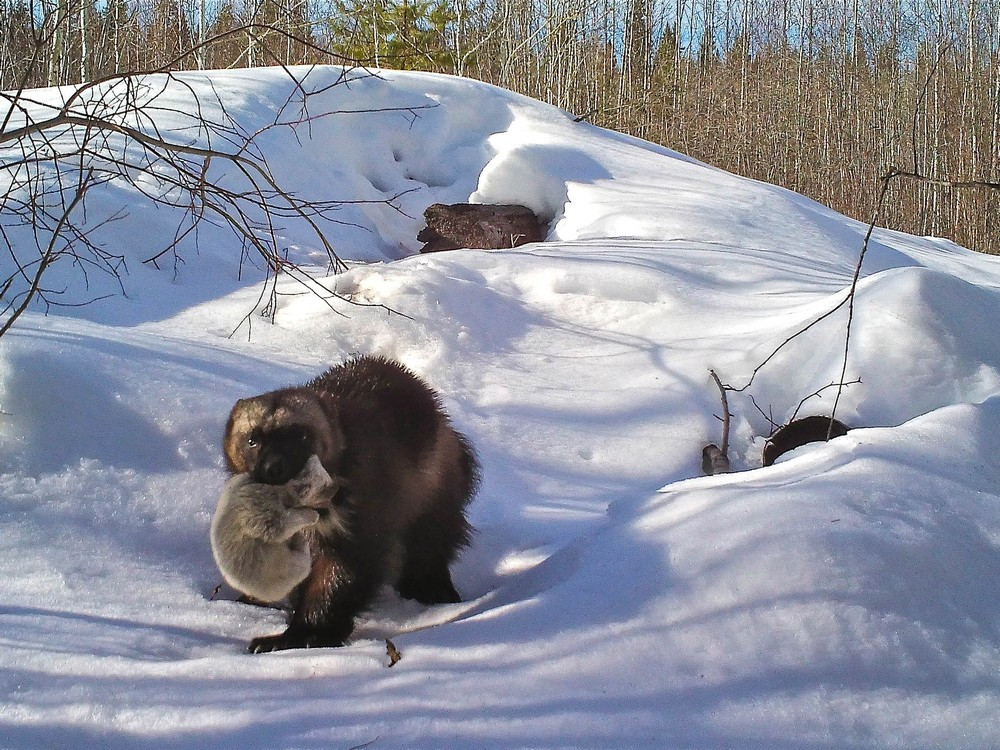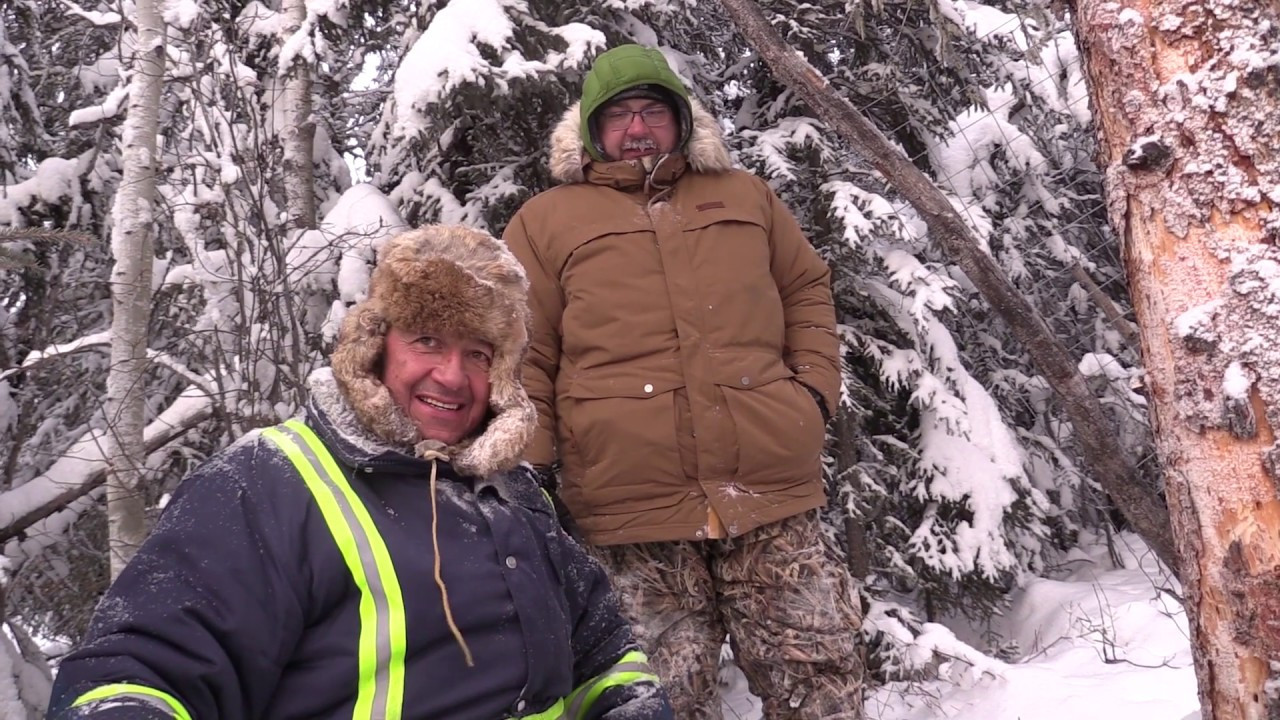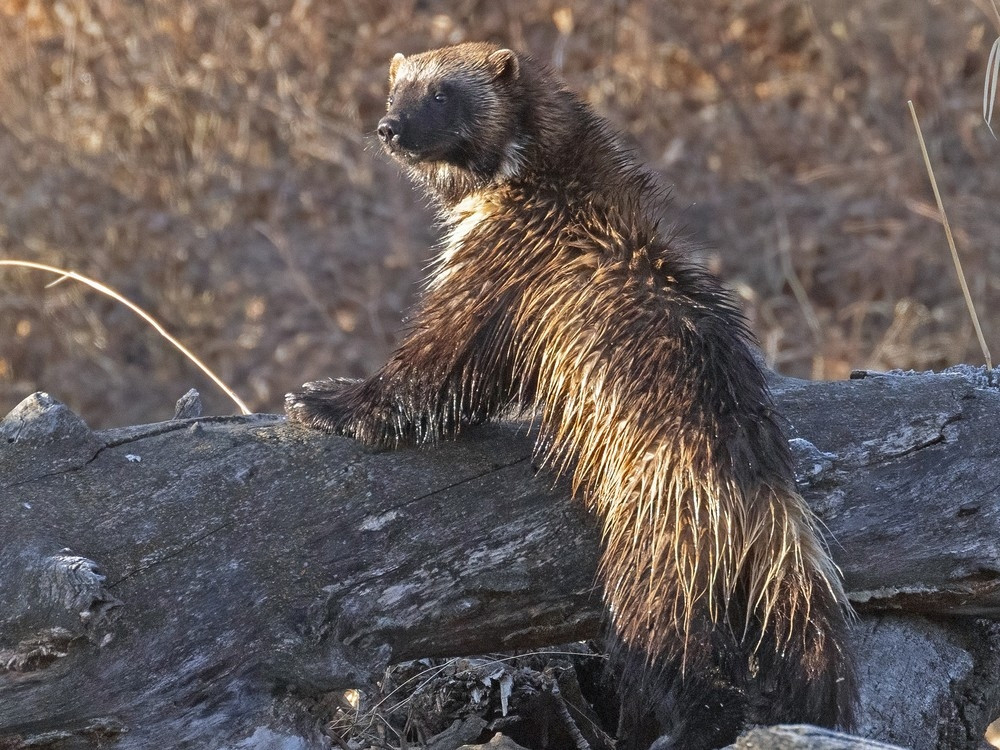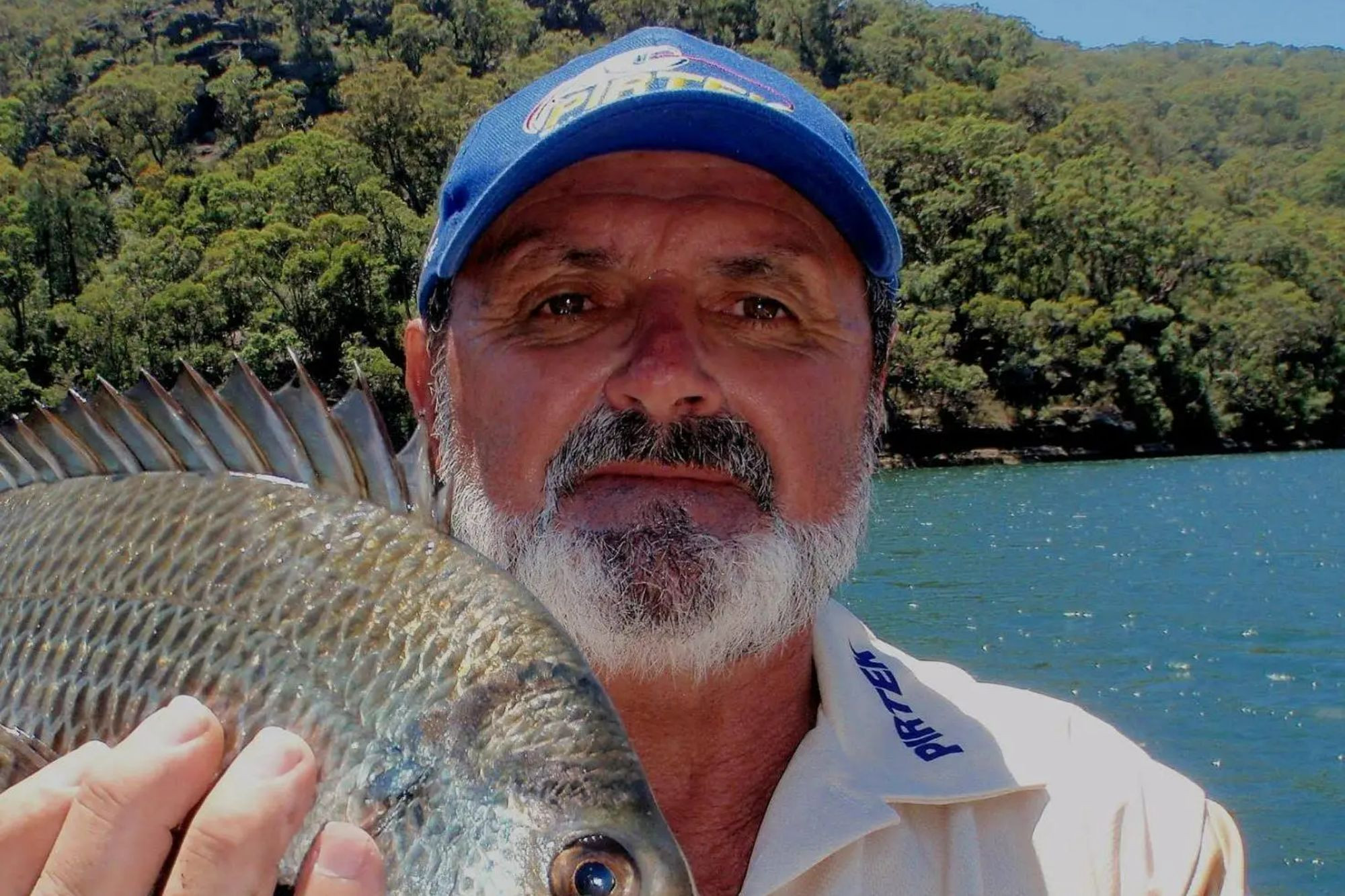Alberta's Controversial Wolverine Trapping Policy: A Risky Gamble?
Using the wrong tool for the job is inefficient and often ineffective, as many Albertans know. So why is the provincial government insisting on using the wrong tool to assess how wolverines are faring in Alberta? Instead of investing in proven scientific approaches for monitoring wolverines, the Alberta government plans to adopt unlimited trapping quotas over the next one to two years for these rare and elusive animals as a means of assessing population status. This decision, made with little public consultation, has sparked fierce debate among conservationists and wildlife experts.
Understanding the Wolverine's Elusive Nature
There is no doubt that understanding wolverines is a complicated task. I’ve spent many cold, dark winter days in northern Alberta and northern Ontario on the trail of these burly members of the weasel family. They are incredibly elusive, with only a few inhabiting a 1,000 square-kilometre area, and they cover vast distances. Unlike moose, caribou, or wolves, we can’t easily count them from the air to understand their reproductive output or population trend. However, effective methods exist, such as live trapping, camera trapping, and aerial track surveys. This is the kind of scientific work we specialize in at Wildlife Conservation Society Canada, working closely with trappers, including Indigenous Peoples, to leverage their extensive knowledge of the land and animals.
The Current Situation and the Government's Claim
The government claims there is a “virtual ban” on trapping wolverines in Alberta. That is not entirely accurate. While the owner of a registered trapline is allowed to harvest one wolverine per trapping season, many trappers obtain wolverines beyond their allotted quota as “incidental” catch. This is not always intentional; wolverines are sometimes killed in traps set for other species because they are attracted to the bait, particularly scraps of beaver meat, road kill, or lures meant for wolves, lynx, marten, or fishers. Local government officials have discretion to authorize additional harvests, and it is widely known that trappers often obtain permission for these extra wolverines, whose fur is then sold commercially or for taxidermy.
The Risks of Unlimited Trapping
We can’t be sure how much wolverine harvest will increase with an unlimited quota. Most trappers strive to be responsible stewards of the land and wildlife, but wolverine population dynamics extend far beyond a single trapline. These animals move long distances, exist at low densities, and are slow to reproduce, meaning killing just a few can be very detrimental to the population in a large area. While neighboring provinces have unlimited wolverine harvest, the Kootenay region of British Columbia recently prohibited it, and the wolverine is listed as threatened under the Endangered Species Act in the contiguous United States. This highlights the growing international concern over the species' vulnerability.
Cumulative Threats to Wolverine Survival
The scientific community’s concern is rooted in the threat from cumulative effects. The snow and cold-adapted wolverine is under tremendous stress from warmer winters, less predictable snowpack, industrial development, and recreation in areas that were once wild and intact. Road and seismic line networks have created a vast interface for trappers, predators, and recreationalists to interact with wolverines, which research has shown is detrimental to these reclusive animals. These cumulative pressures underscore the need for a cautious and science-based approach to management.
A Better Approach: Science-Based Monitoring
We agree that not enough is known about the state of the wolverine population in Alberta. But we disagree that unlimited harvest is the way to get better answers. What is the government’s study plan? How does unlimited harvest provide better data to answer management questions? You might glean some additional information on the relative abundance of wolverines, but at what cost? Long-term investments in wolverine monitoring would be a better place to start; establish baselines of abundance and distribution with non-invasive methods and monitor thereafter on regular intervals. There is some evidence that wolverine densities are higher in Alberta’s northern boreal forest relative to the mountains and foothills. But before we adjust quotas, we should be sure of this with additional targeted scientific research and monitoring. Trappers should be a part of this research. We should also be looking for ways to reduce threats, including ensuring wolverines have road-free habitat, that incidental trapping is reduced, and that den sites are well protected.
Protecting Alberta's Wild Heritage: A Call for Sustainable Practices
Wolverines exemplify the rugged and wild character of Alberta. We should strive towards informed and sustainable management of harvest and habitats rather than relying on risky and scientifically unsound policies. The current approach prioritizes short-term data collection over the long-term health and survival of this iconic species. It's a gamble that Alberta cannot afford to take. The future of Alberta's wolverines depends on a science-driven approach, not on the expansion of trapping quotas. The call to action is clear: prioritize conservation and sustainable practices over potentially devastating harvesting policies. Let's protect this invaluable part of Alberta's natural heritage. The time for decisive action is now. Ignoring this urgent call will have lasting consequences for Alberta's wildlife and ecosystems.



















